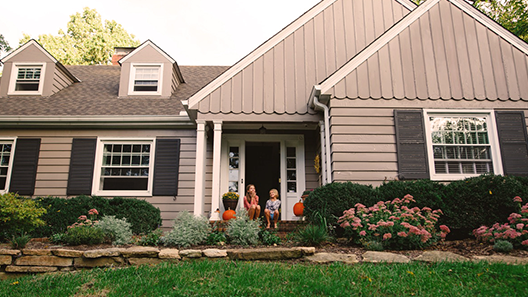
While reams of research have been done on why members of the Millennial generation are less likely to own a home compared to their baby boomer and Gen X elders at the same age, the Urban Institute (UI) notes that knowing the reasons doesn't necessarily shed much light on the potential long-term implications of this behavior. Delaying homeownership, according to UI analysts Jung Hyun Choi and Laurie Goodman, may reduce the wealth the generations' members will acquire over their lifetime.
Goodman and Choi used a dataset called the Panel Study of Income Dynamics (PSID) which has tracked individuals since 1968 to identify individuals who reached age 60 between 2003 and 2015 and gather information on their histories, including the age at which they bought their first homes.
The authors found that buying at an early age gives those that do so "a big bang for their housing buck." Individuals who made their first venture into homeownership between ages of 25 and 34 had median housing wealth in their early 60s of $150,000 while those who waiting until they were 35 to 44 accumulated $72,000 less. Those who didn't buy until their 45th birthday or later accumulated median wealth at least $100,000 less than those in the 25 to 34 age group.
The UI researchers conclude that the age at which persons buy their first home has a great deal to do with housing related wealth as they approach retirement. Thus, the Millennials' delay could have long-term economic consequences for their future and for the nation's economic well-being as they fail to build equity, the largest single source of personal wealth, at the same rate as previous generations.
The authors conclude that "While people make the choice to own or rent that suits them at a given point, maybe more young adults should take into account the long-term consequences of renting when homeownership is an option."
BY: JANN SWANSON



